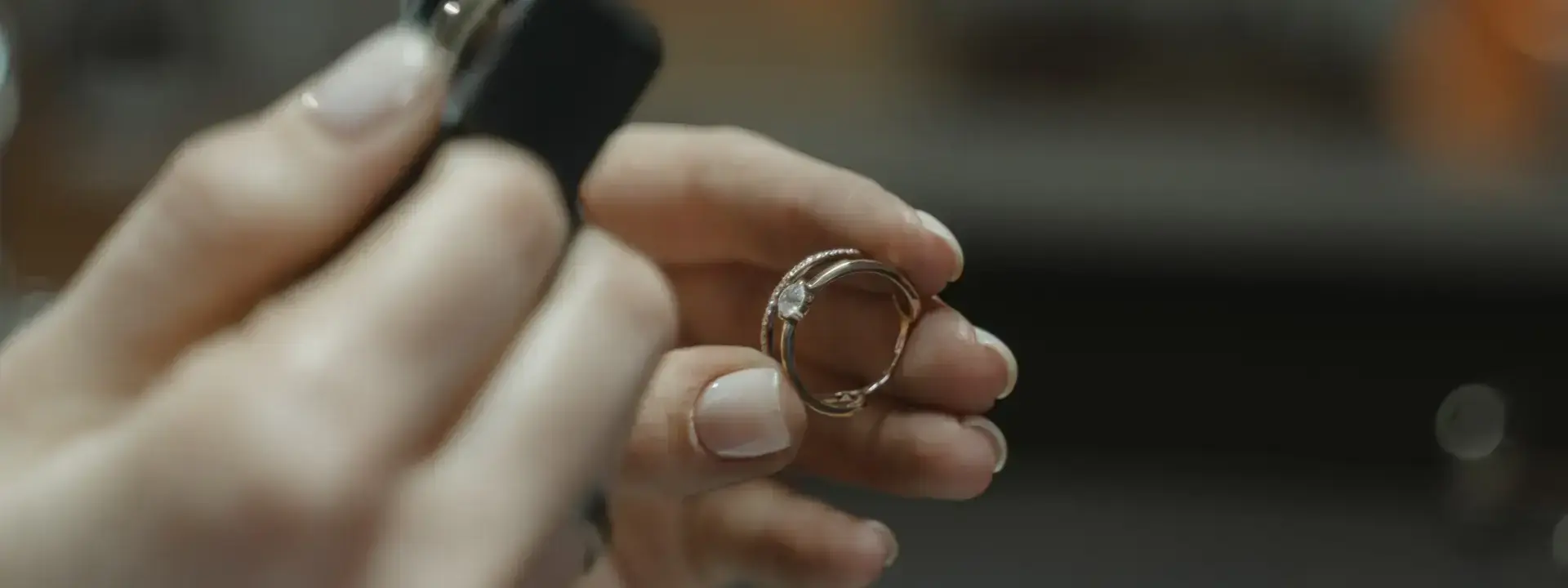
Jeweller Job Description
What is a Jeweller Professional?
A jeweller is someone who designs, creates and sells jewellery. In their job, they may work with clients to create custom pieces, or they may design and sell their own line of jewellery. Jewellers typically use a variety of metals, gems and other materials to create their pieces. They may also be responsible for repairing and cleaning existing jewellery. Jewellers generally have a wide range of skills including metalworking, gem setting and polishing. They must also be creative in order to design unique pieces that will appeal to customers. Good customer service skills are also important in order to build relationships with clients and give them the best possible experience.
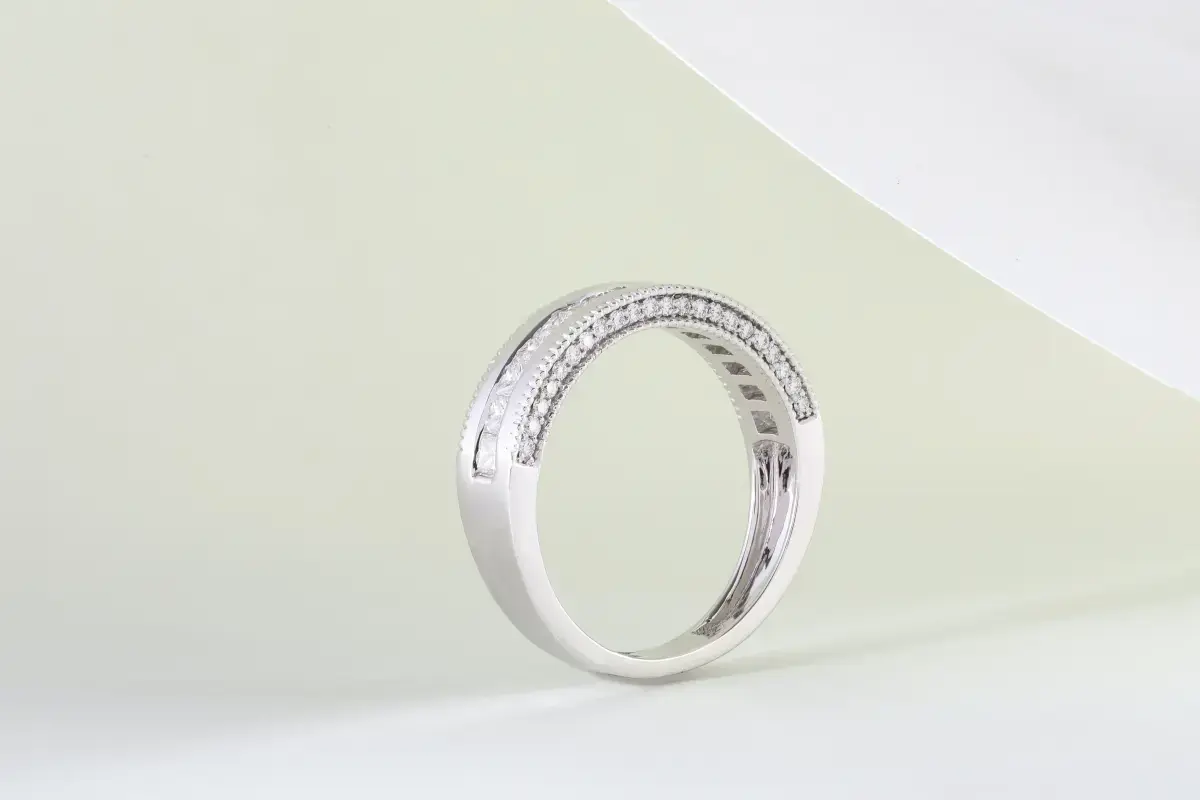
What does a Jeweller Expert do?
What does a typical day look like for a jeweller? Designing new pieces and meeting with clients usually takes up the majority of a jeweller’s time. This can involve sketching out ideas, selecting materials, crafting prototypes and making adjustments until the piece is perfect. Jewellers often work on multiple projects at once, so good time management skills are essential. When not working on new designs, jewellers may be repairing broken items or cleaning existing jewellery. This work requires delicate care and attention to detail in order to ensure that the piece looks as good as new when finished. It is also important to keep up with trends in order to know what styles customers will be looking for in the future.

What are the Skills of a Jeweller?
A jeweller is someone who designs, creates and sells jewelry. Jewelry can be made from a variety of materials, including gold, silver, platinum, palladium, diamonds, other precious stones and gemstones, beads, enamel and even wood. A jeweller may work independently or as part of a team in a workshop or store. In order to be a successful jeweller, it is important to have both creative flair and technical skills. Jewellers must be able to visualise the finished piece of jewelry and then create it using the appropriate materials and techniques.
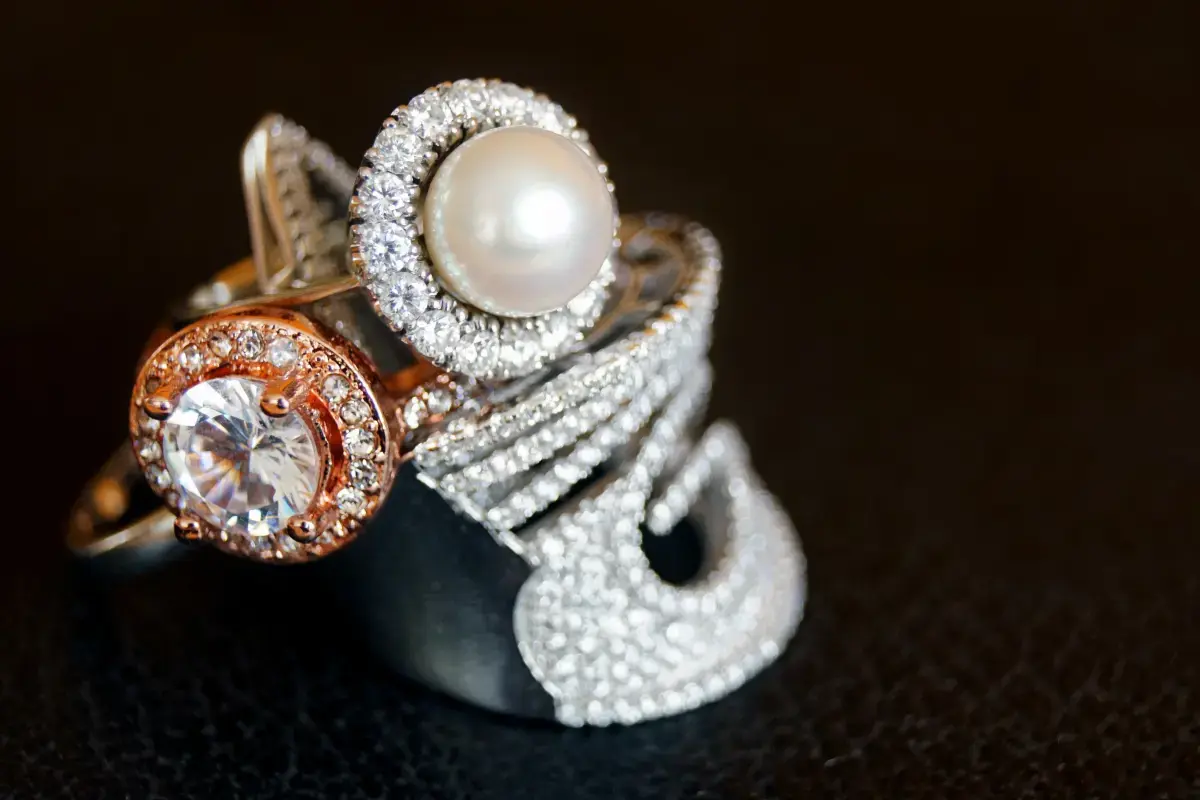
What makes an Expert Jeweller?
They must also have an eye for detail in order to spot any flaws in their work. Jewellers typically start out as apprentices or trainees learning the trade from more experienced colleagues. Many jewelers also undergo formal training at vocational schools or community colleges before beginning their careers. In some cases, jewelers may learn through on-the-job training only. Jewellers need to be skilled in using a range of tools and equipment, including soldering equipment, grinding machines and polishing apparatus. They must also be familiar with different metals, gems and other materials that are used in jewellery making.
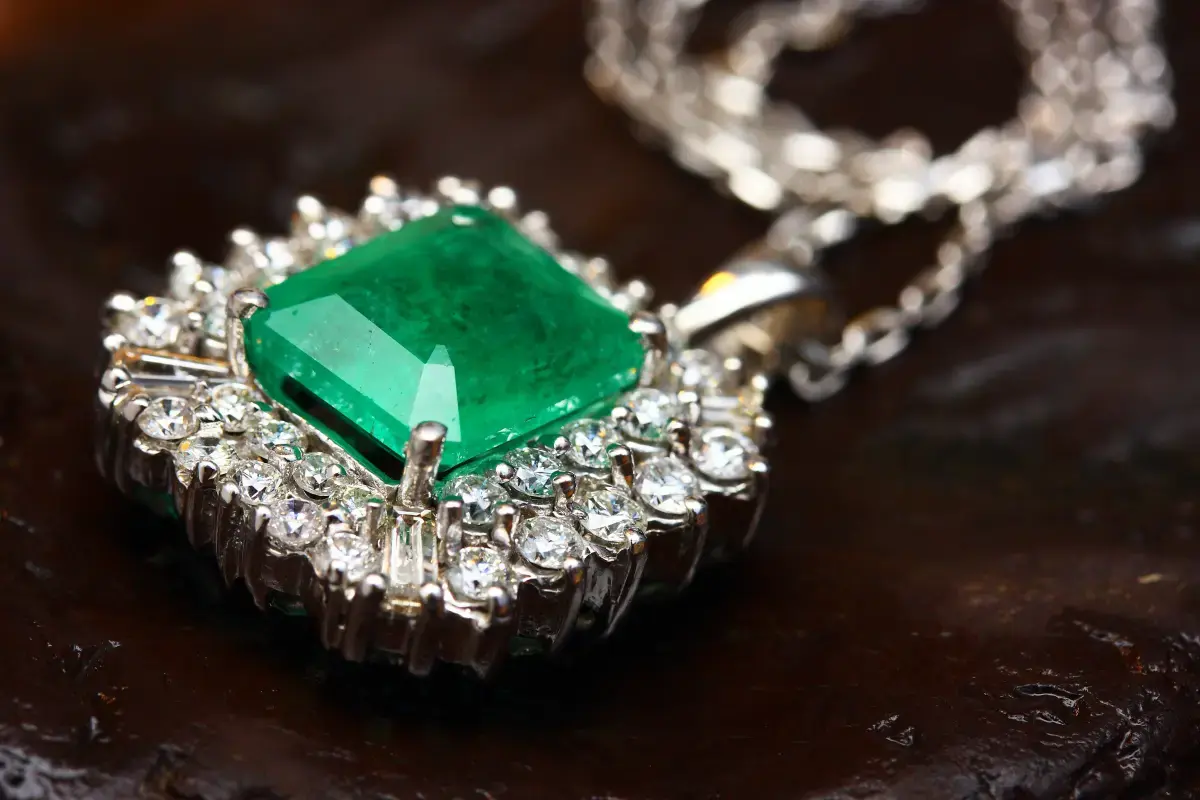
What level of Experience & Qualifications are required to be a Jeweller?
Extensive technical knowledge in aspects of jewelry making, such as metalworking, soldering and stone cutting. • At least five years of relevant experience in the jewelry field. • Certification or earned degree from an accredited institute that has been approved by the National Council for Craft and Industrial Training (NCCIT). • Formal apprenticeship or mentorship under a qualified master jeweller. • Possession of specialized skills such as engraving, casting and manufacture methods. • Ability to work with small tools and accurately keep pace with detail-oriented tasks repeatedly over an extended period of time without compromising quality results. • Proficiency in computers to effectively enter customer orders into databases for production tracking purposes as well as designing computerized models from sketches using CAD software programs like Rhinoceros3D or RhinoGold . • Working knowledge and ability to perform repair services on all types of metals: gold, silver, platinum etc., including cleaning, polishing setting stones etc.. • Ability to strengthen pertinent technical processes like stone setting techniques, soldering operations , fabrication & wax modelling procedures through innovative idea for design development....
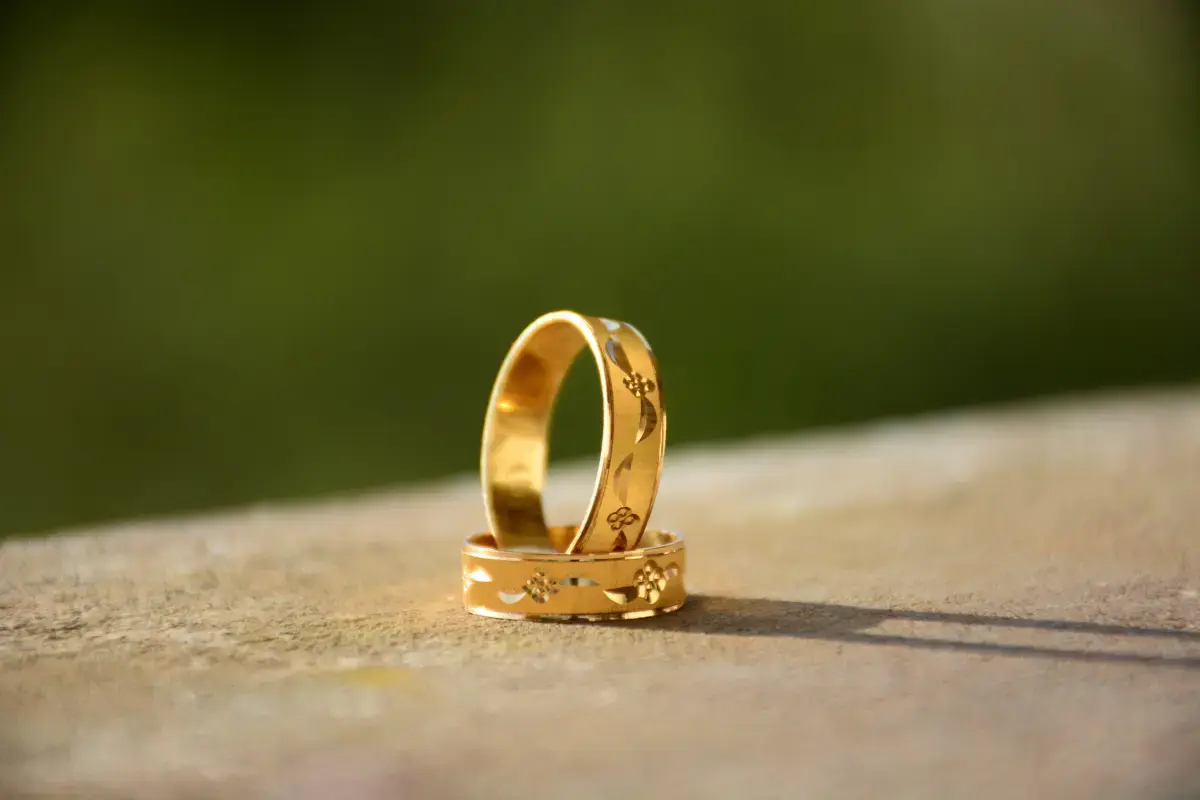
What is the Salary of a Jeweller?
The salary range of a junior jeweller will typically start at the low end between $25,000 - $35,000. These jobs usually take on more responsibility and require more skill as the Jeweller advances into a mid-level role. A mid-level Jeweller can then expect to make anywhere from $43,000 -$50,000 annually. Senior jewellers may earn salaries up to $66,000 or even higher depending on location and experience different from place to place . such expertise workers might enjoy bonuses or commissions based off sales performance and working hours that are worked offsite sometimes can be compensated additionally as well.

What are the Working Conditions for a Jeweller?
General working conditions vary by workplace, but there are some common themes that apply to most jewellers. Jewellers typically work in a retail setting and often have long hours, including evenings, weekends and some holidays. Hours depend on the location of the store and typical store operations. Jewellers spend much of their time helping customers who are buying or returning goods. They may be responsible for taking orders, suggesting items to purchase or making repairs. In addition to customer service functions, jewellers must keep up with new products, pricing information and purchase orders as well as affix jewellery tags for inventory purposes. Jewellers may need to be knowledgeable about diamonds as well as other stones used in jewelry-making in order to evaluate gems for quality assurance purposes; they might need familiarity with engraving tools because customizations is a large part of most businesses within this industry; Familiarity with pertinent regulations is also necessary since laws pertaining to precious metals sales frequently change . As such many jewelers must attend industry seminars throughout the year in order keep up do date on various standards within the sale/repair of jewelry based materials/goods/service etc Jewellers should have an eye for detail both when examining pieces under magnification -to determine potential damages- whether it needs repair etc., but also determining discrepancies between fake vs real pieces via visual inspection alone or even discerning authentic colors-tones et al when examining different colored material present within certain settings or encasing settings which can easily change tone depending upon oxidation processes occurring over time due environmental exposure fluctuating temperatures etc.. Safety considerations relate primarily towards using correct safety protocol while using specific tools while fabricating items out stone settings --with proper protective eyewear being worn at all times--and requiring general care protocols by ensuring each machine is used according manufacturers specification at all times (adjusting pressures speed etc should always occur from lowest levels first) Additionally potentially hazardous materials such Soldering flux powder acid baths flux powders steams pots soldering irons et al must always be rid off properly after usage so no injuries occur regarding inhaling fumes related associated burns
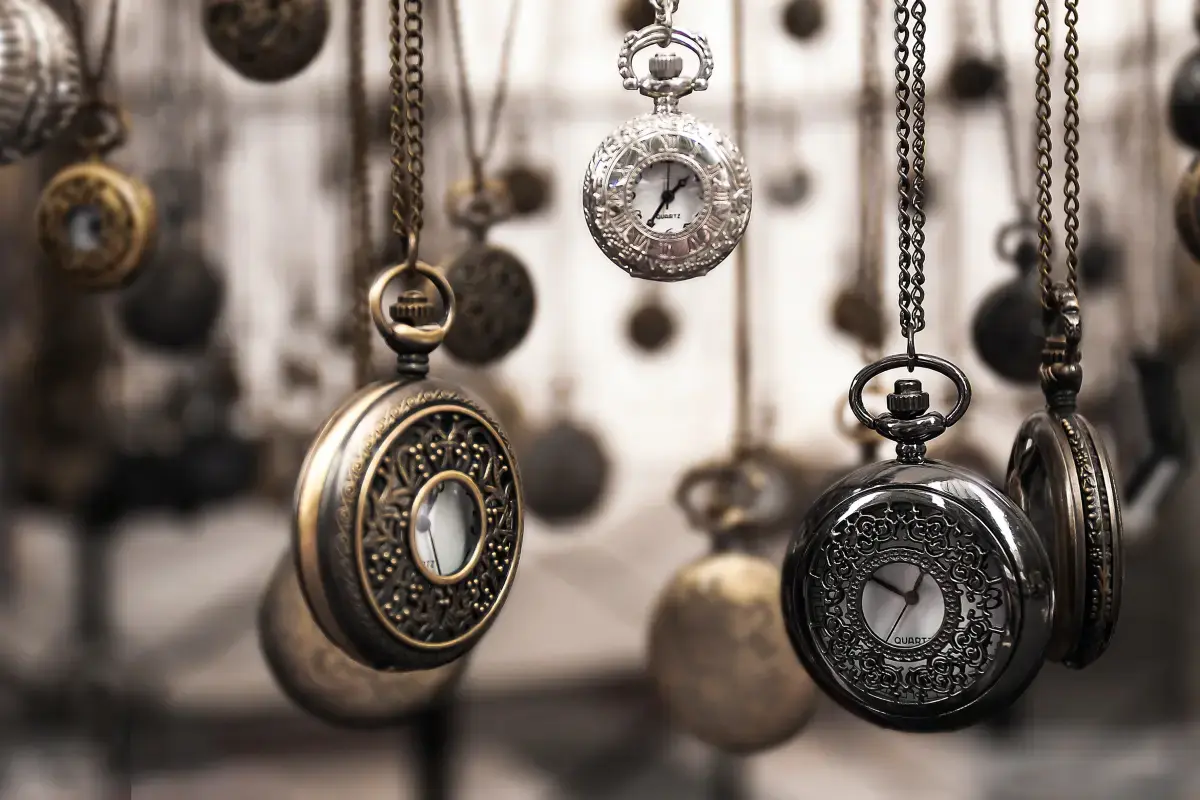
What are the roles and responsibilities of a Jeweller?
Meet with customers to discuss their jewelry needs.
Inspect customers jewelry to assess condition and provide repair/cleaning services as necessary.
Advise customers on the best way to clean and store their jewelry.
Determine the value of customers jewelry for insurance purposes.
Design custom jewelry pieces for customers according to their specifications.
Create prototypes of custom jewelry designs using wax molding or other methods.
Cast custom jewelry designs in metals such as gold, silver, or platinum using lost-wax casting methodologies.
"Finish" cast metal jewelry by soldering on attached parts such as settings and bales, then filing down any sharp edges and polishing the piece to a high shine finish using a series of increasingly fine grinding wheels or buffing compounds..
-Set precious stones into customers watches or jewelry using tweezers, pliers, magnifying tools, and torches.-
Repair broken chains, settings, clasps, links, etc., using specialized tools such as beading pliers,- laser welders,-or flex shafts loaded with tiny cutting bits called burrs..
Fabricate new watch bands,- pendants,- charms,,-and other small metal objects from raw materials using saws,, files,, hammers,, stamps,,,, annealing furnaces,,torches,,plating baths,,,,and various stamping presses..
Enamel watch faces or dials,- Bezel rings around gemstone settings ,-Ornaments ,-Charms -Pendants -Rings -Earrings -Bracelets cufflinks
Sell loose diamonds ,-Gemstones ,-Pearls
Engrave messages
Order supplies
keep records
File state tickets
Promote your business
Attend tradeshows20stay abreast of trends
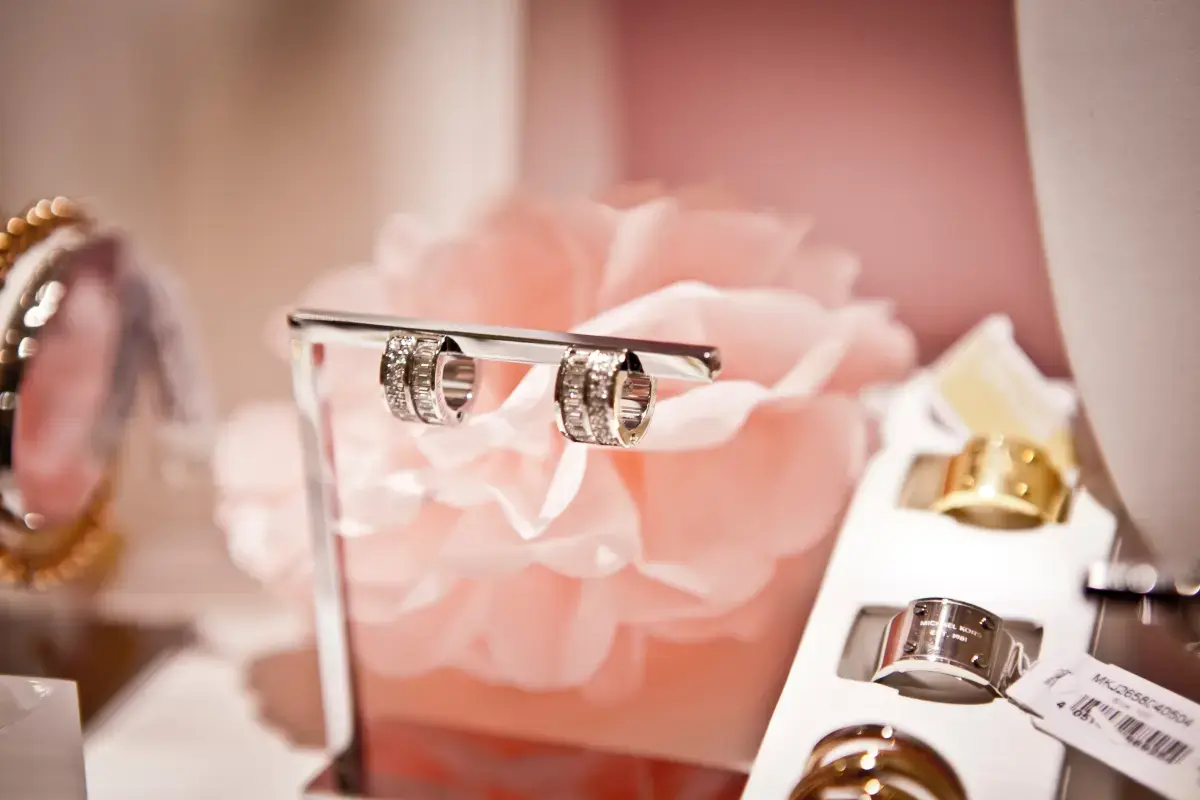
Where can I find Jeweller jobs?
- Create a profile on gigexchange and promote your Jeweller skills to advertise you are Open to New Work Opportunities
- Ensure your Resume (or CV), or online work profile is up to date and represents your skills and experience. Ensure your reputation reflects your ability & attitude.
- Apply for Jeweller Jobs advertised on gigexchange.
- Practise Jeweller interview techniques to ensure you represent your personality and ability succinctly and confidently.
- Accept the job offer if the salary meets your expectations and the employer mission and purpose reflects your core values.
Jobs
What are the best job boards for Jewelry Maker jobs?

How can I hire Jeweller staff online for my business?
The best job board for recruiting Jeweller experts is gigexchange.com. Advertise full-time, part-time or contract jobs to find, hire & recruit trusted, experienced and talented Jeweller candidates near you.

Are Jeweller roles in demand in 2026?
Jeweller experts are still in high demand in 2026. If you are an experienced Jeweller or looking to train and become one. The job market is looking strong for Jeweller jobs near me.